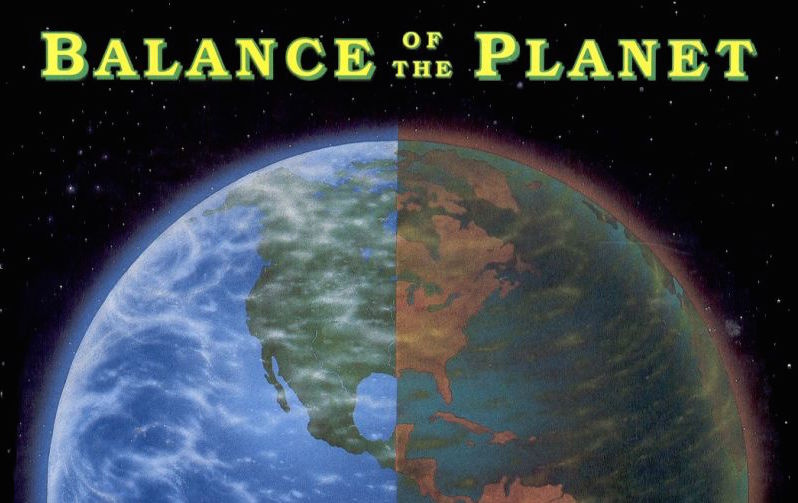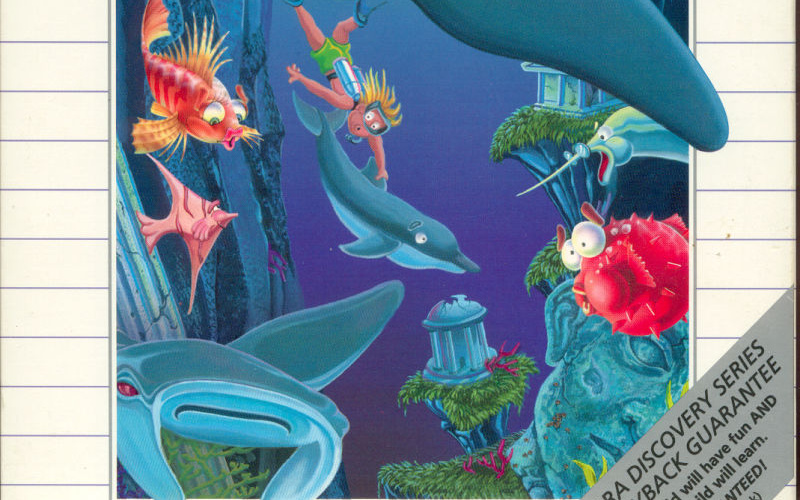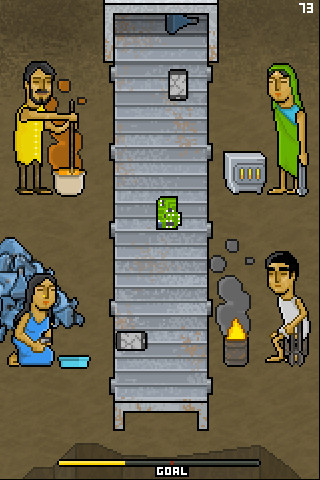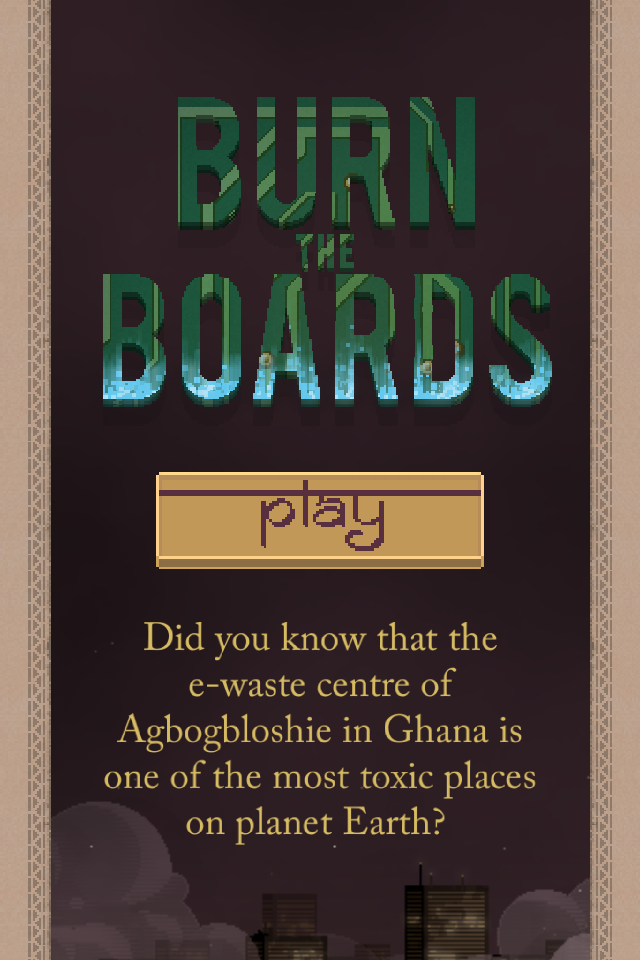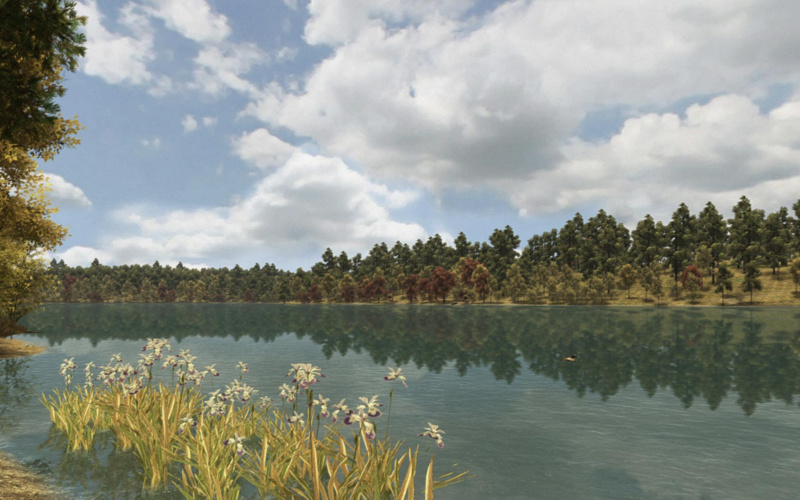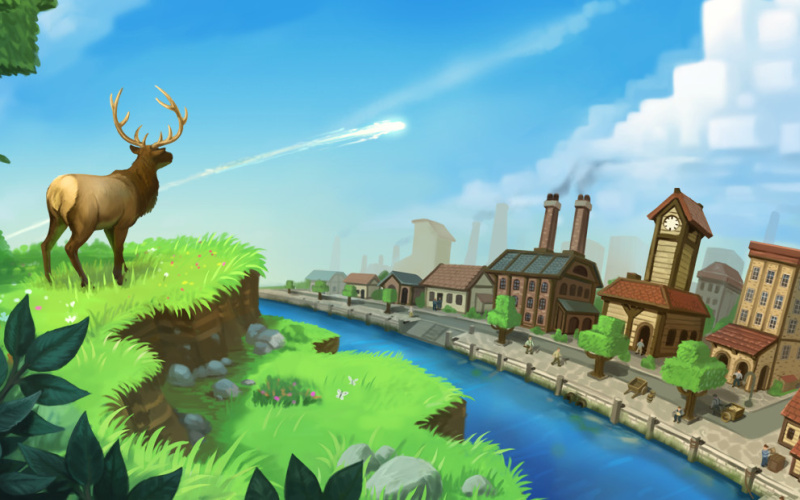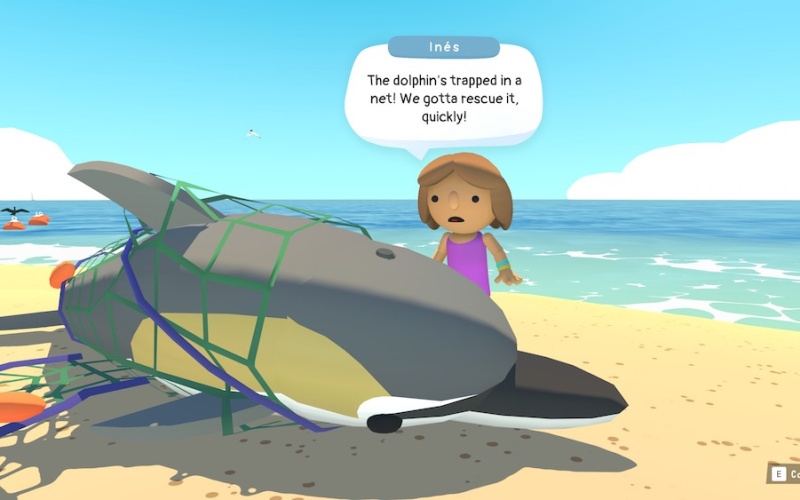Eco Games
A special exhibition within 'zkm_gameplay. the next level'
Wed, July 28, 2021 – Sun, April 03, 2022
Can computer games help to stop global warming? What influence do games have on our behavior towards the environment? And how many resources do we consume while playing? These and other questions are addressed by »Eco Games«, an exhibition as part of »zkm_gameplay. the next level«. Discover games that explore the relationship between serious games and the environment.
In 1972, Atari brought the arcade version of the computer game »PONG« to the bars and shopping malls of the USA. In the same year, the Club of Rome published its widely acclaimed study »The Limits to Growth«, thus laying the foundation for the modern ecology movement.
Albeit with some delay, the social importance of ecological topics was eventually recognized in the games industry as well: With »Balance of the Planet« (1990) and »EcoQuest: The Search for Cetus« (1992), two titles appeared in the early 1990s that explicitly referred to the impending destruction of our planet. However, games on these issues – so-called »Eco Games« – continue to represent a niche in the constantly growing computer game production.
Play it – before you (have to) live it
»Eco Games« are set in environments where the destruction or preservation of nature is dealt with. Players must prove their ability to act in a sustainable way. Game developers hope that the immersive and interactive character of the medium computer game will raise players' awareness of ecological issues and ultimately bring about long-term changes in behavior.
With the genre of dystopian and posthuman games, scenarios can be experienced that show the effects of human-made catastrophes and address their prevention. In the spirit of »Play it – before you (have to) live it.«
The exhibition, curated by Dominik Rinnhofer, professor of game design at the Macromedia University of Applied Sciences, Stuttgart, includes seven games dating from 1990 to 2020. A series of online conversations with experts from the fields of cultural theory, psychology and game development provide in-depth insights into the questions raised in the exhibition.
Imprint
- Curator
Team
Project Management: Jenny Starick
Curatorial Assistance: Laura Schmidt

